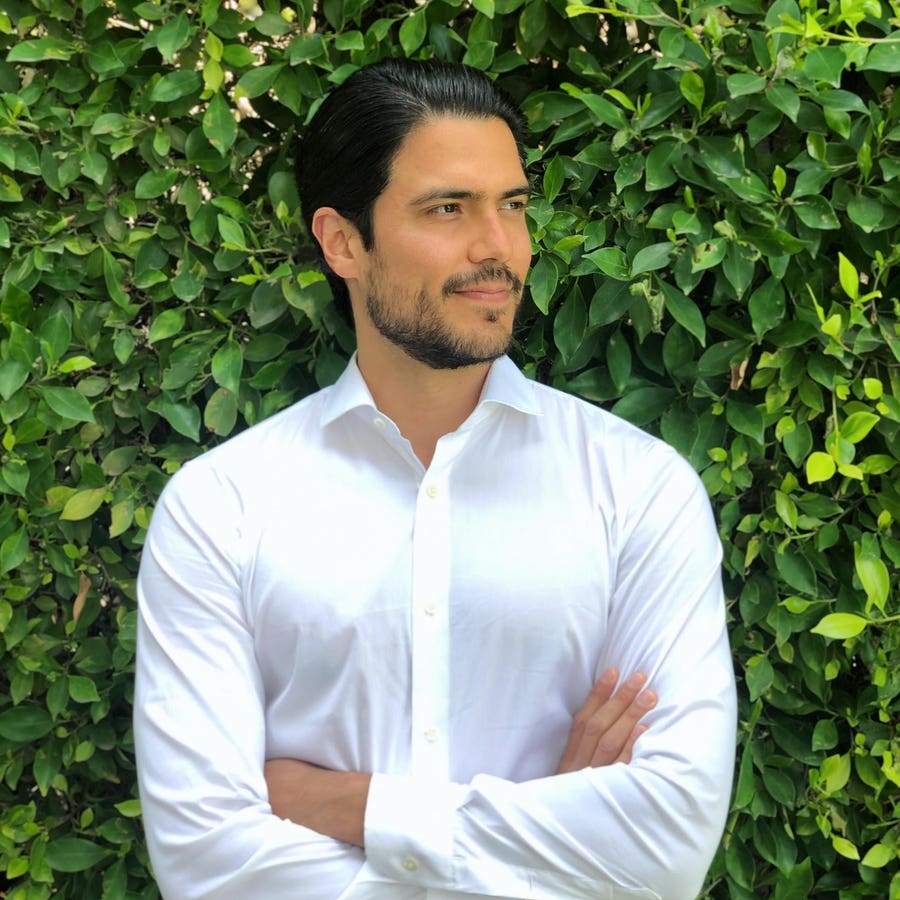If they encounter a legal problem, many individuals and businesses without a lot of resources can’t afford to hire an attorney. A 2019 study from the State Bar of California found that only 32% of Californians had sought help for civil legal problems over the past year, in part due to the high cost of doing so.
That’s the issue Carlos Hernandez is aiming to address. In 2019, he launched a company called Crediverso to provide underserved communities in the U.S., starting with Hispanics, advice about credit cards, loans and money transfers. Now, he’s expanded into a new area: addressing what he calls “the justice gap” with a legal services platform called My Pocket Lawyer for consumers, small businesses and freelancers, launched in September. “For many people, hiring a lawyer is almost a luxury,” says Hernandez.
Cost isn’t the only hurdle to using a lawyer that people face. For some, there’s the fear of what might happen to them if they pursued legal action. Or they might lack access to legal help. According to Hernandez, there are 40 counties in the U.S. that he calls “legal deserts,” with one or no lawyers per 1,000 people.
How It Works
Users who have a question about, say, a rental contract, take a picture of the document and upload it to the platform, which then provides a summary of what it says in English or Spanish. They can also ask questions in their native language. In addition, there’s an overview of the questions people frequently ask lawyers, with answers. “A lot of people often just don’t know what to ask,” says Hernandez. “These are preemptive questions.” And the platform raises red flags when it encounters issues likely to cause problems. According to Hernandez, My Pocket Lawyer will reduce the need for an attorney in over 50% of cases.
Hernandez points to an actress who, before a recent audition, had to sign a contract giving the company the right to use footage without compensating her. “Now, every time she walks into an audition, she takes a photo of the contract, uploads it and the platform calls out red flags,” he says.
Next Steps
For now, the platform provides help understanding legal documents. “It’s the first step,” says Hernandez. But he also has technology that he plans to roll out soon to help users understand case law and regulations relevant to their situation. It’s a supplemental tool to use in collaboration with a lawyer. “We’re trying to arm people with legal information so they can empower themselves and have visibility into what their rights are and advocate for themselves when they’re able to,” he says.
Hernandez is also building a network of vetted attorneys for users who need more legal help than the platform can provide. It will include lawyers in a variety of key jurisdictions. And as issues arise—for example, if there’s an increase in Venezuelan immigrants in New York—he’ll add lawyers with expertise in the relevant law in that area, as well as the particular problems facing the population in question. The goal is to launch the network by the beginning of next year.
The tool is free for now, with revenue ultimately coming from partner attorneys on the platform. That model is based on Crediverso’s approach. Its three marketplaces help users find loans, credit cards and money transfer providers and participating companies pay a fee for business sent to them. Hernandez won’t provide the number of users, but says, “We’ve helped a lot of people in the time it’s been around.”
Crediverso recently raised $3.5 million in pre-series A funding. That brings total funding to a total of $6.6 million.
Read the full article here





